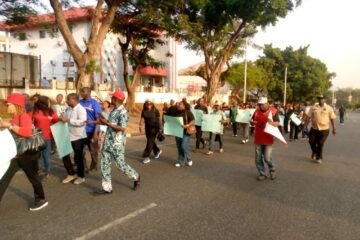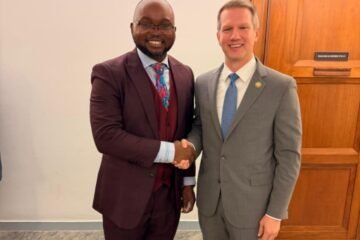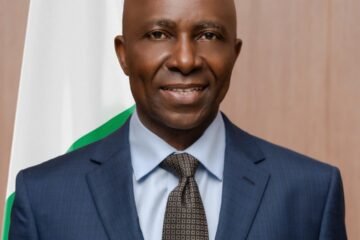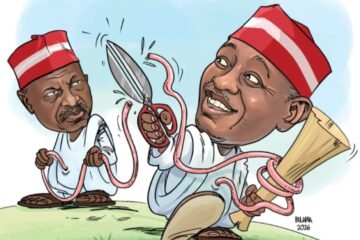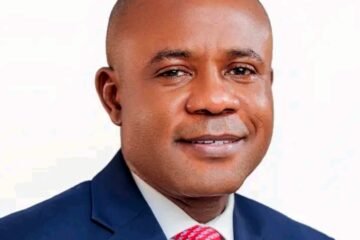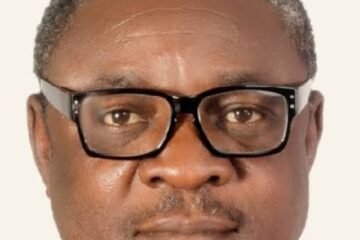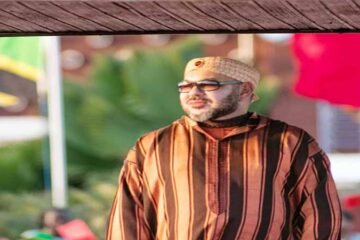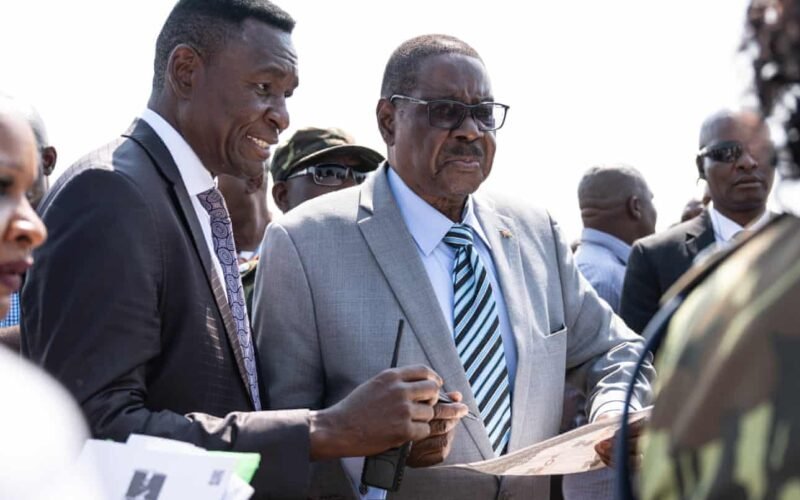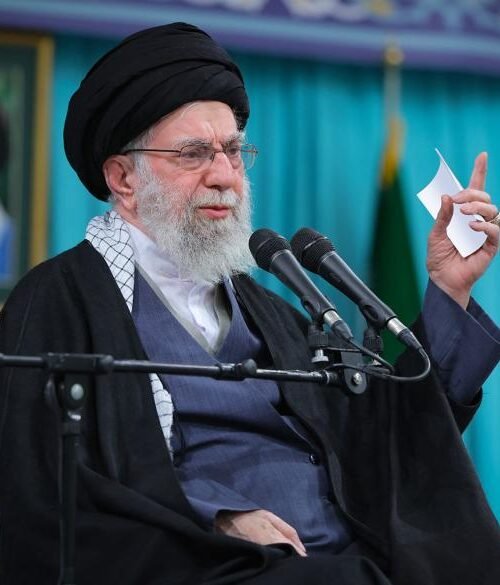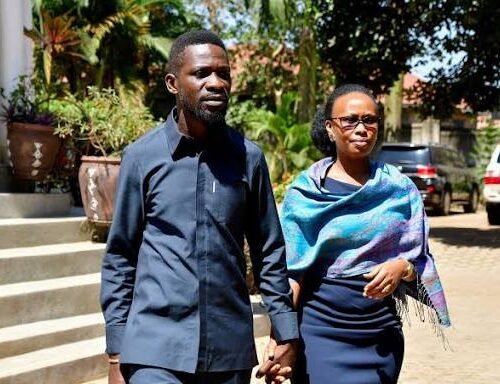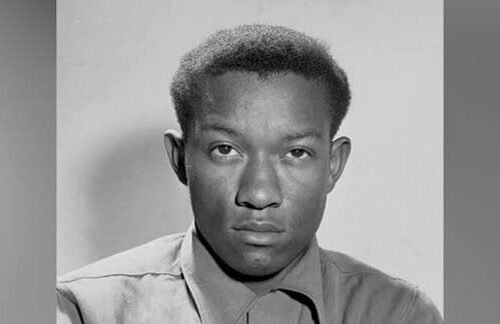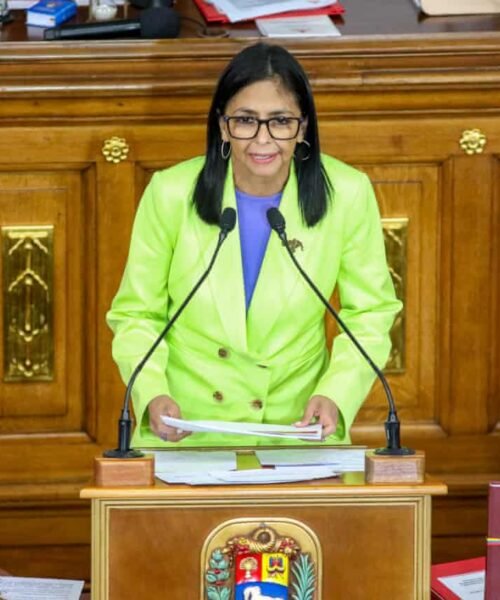*As Malawi Picks Mutharika
*Joins 92-year-old Paul Biya, Museveni, Several Others
Is it that Africans love to vote into office octogenarians? Or, that persons in that age bracket are politically the smartest on the continent in offering leadership to their people?
Those were some of the posers raised by concerned analysts as yet another very old man was voted into the presidency by an African nation on Wednesday, September 24.
Malawians have voted in 85-year-old former President, Peter Mutharika, over an incumbent who presided over a multi-year economic crisis, high inflation, essential goods shortages, climate disasters and international aid cuts.
Mutharika got 56.8% of the vote compared with 33% for President Lazarus Chakwera, according to official results of the September 16, 2025 presidential election announced yesterday.
He joins a long list of old men in power. These include Paul Biya of Cameroon,92, and in office now for 42 years; 83-year-old Alassane Ouattara of Cote d’Ivoire; Teodoro Obiang Nguema Mbasogo of Equatorial Guinea, who is 83; and 82-year-old Emmerson Mnangagwa of Zimbabwe.
There are also President Joseph Boakai of Liberia, who is 80; Yoweri Museveni
of Uganda, an 81-year-old; and Algeria’s Abdelmadjid Tebboune, 79.
Nigeria’s President Bola Tinubu is officially 73 even as controversy still niggles over his age.
Chakwera said earlier on Wednesday that he had called Mutharika to concede.
About two-thirds of nearly 11 million eligible voters registered to vote and, of those, 76% voted.
Mutharika’s resounding victory marks the third election in a row that power has changed hands in Malawi.
Chakwera had defeated Mutharika in the last ballot, known as the “Tipp-Ex election”, which was re-run in 2020 after judges ruled that outcomes had been changed using correctional fluid.
Mutharika, a former law professor, was accused by the country’s anti-corruption agency in 2018 of receiving a $200,000 kickback from a multimillion-dollar contract to supply food to the police.
He was cleared of charges, which had prompted protests, and said he thought the money was an “honest donation” to his party.
“When Peter Mutharika was governing in the first term, things did not go so well. For him to come back with such an emphatic win … it shows you how badly Chakwera has done,” said Victor Chipofya, a Political Science lecturer at Blantyre International University.
Malawi’s economy never really recovered from the effects of the Covid-19 pandemic. For the past three years, inflation has been above 20% and the economy has grown more slowly than the population.
Meanwhile, a scarcity of foreign exchange has led to regular shortages of fuel, fertiliser and medicine.
The Southern African country, which had an average annual income of just $508 in 2024 according to the World Bank, has also been badly affected by aid cuts. An IFPRI study in April estimated that US aid will fall 59% this year, slashing 1% from Malawi’s Gross Domestic Product (GDP).
Malawi, whose major export is tobacco, has also long imported more than it exports.
However, many researchers and economists have argued that the Central Bank made foreign exchange shortages worse by fixing the exchange rate against the US dollar. The official exchange rate is 1734 kwacha to $1, but it is as high as 5,000 on the hidden market. The government contributed by pulling out of an IMF programme that was providing a 0% interest US dollar loan.
PHOTO CAPTION: Mutharika (in glasses) set to sign a document.

